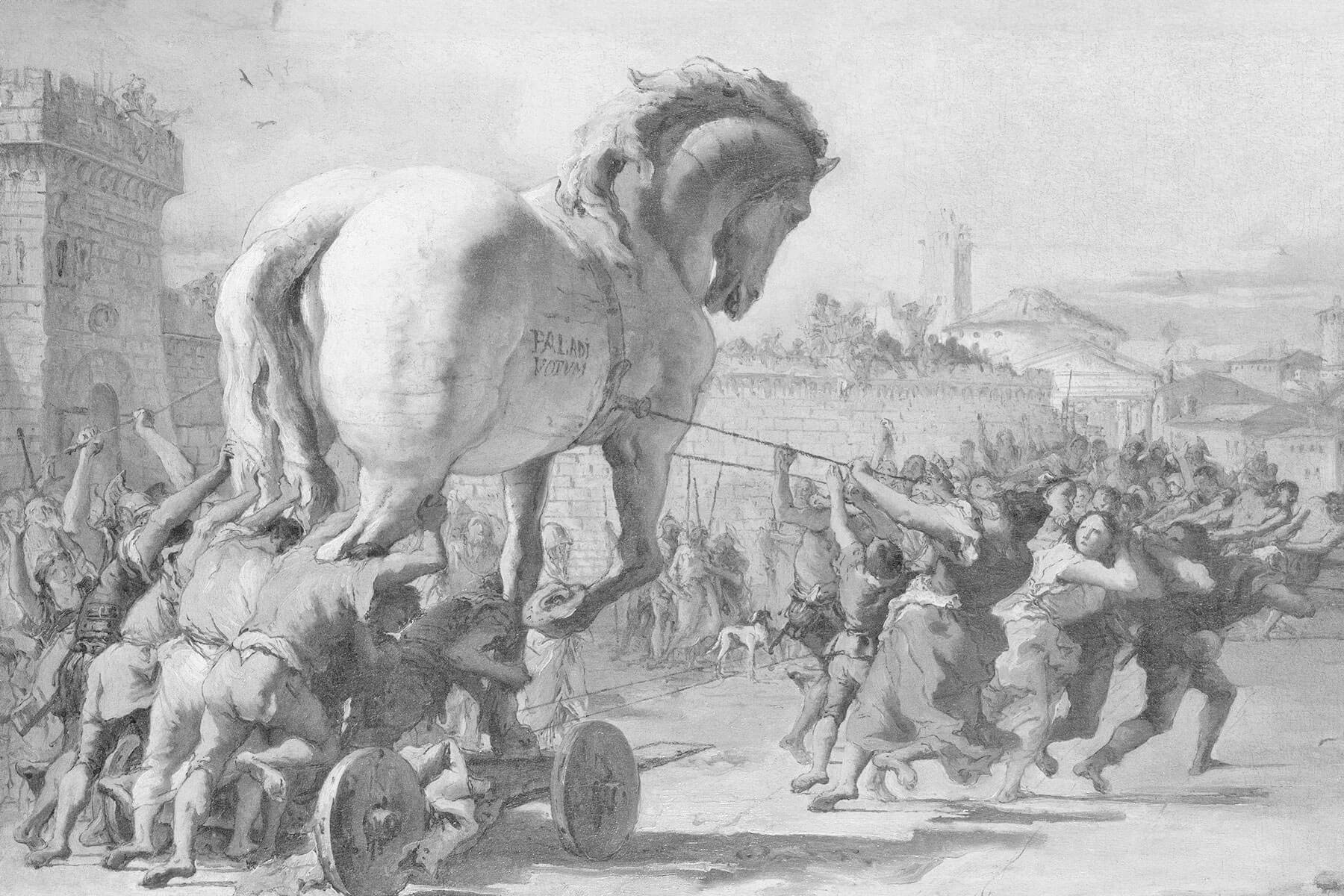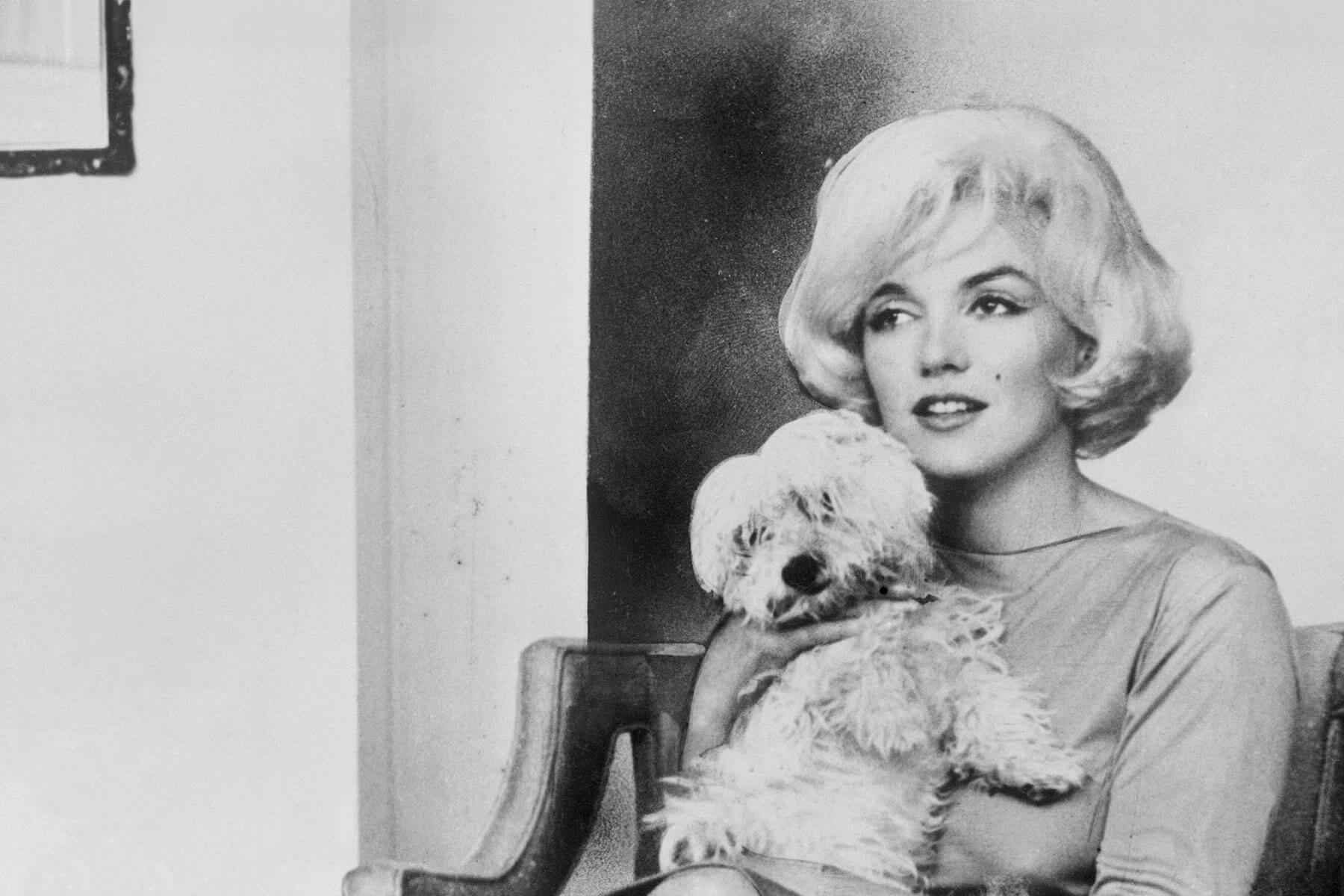 |
Boxing Day is named for gift-giving — not the sport. |
World History |
 |
| |
| Although the Oxford English Dictionary traces the first published mention of the term "Boxing Day" to 1743, the acts associated with the day are significantly older, and stem from murky origins. One popular theory is that the holiday grew from the tradition of distributing the donations collected in church alms boxes to the poor on December 26, a date historically celebrated as St. Stephen's Day (or the Feast of St. Stephen) in honor of the charitable Christian martyr. Another widely cited belief is that members of the upper class once filled Christmas boxes with food, money, and small gifts and gave them to the household staff to enjoy on December 26, a well-deserved day off after spending Christmas Day in servitude. | |
| While the charitable elements of the holiday have largely faded, Boxing Day still offers its share of modern traditions. Though its origins aren't sporty in nature, the day off is considered a good time to enjoy sports, both for the energetic folk who seek to work off their Christmas dinners and the contentedly relaxed who want to tune in to a full slate of soccer games on television. Additionally, Boxing Day has emerged as a big retail day in the mold of Black Friday, which means the opportunity to snag a few more end-of-year savings, as well as the chance to return those unwanted socks as quickly as possible. | |
 | |
 | |||
| |||
Rare Unlimited Cash Back Match Turns Heads | |||
| Thank you for supporting our sponsors! They help us keep History Facts free. |
 | |||||||||
By the Numbers | |||||||||
| |||||||||
| |||||||||
 | |||||||||
| |||||||||
One of pro boxing's most famous matches took place on Boxing Day. | |||||||||
| More than half a century before Muhammad Ali became "the Greatest" for his power and showmanship in the ring, Jack Johnson was displaying similar attributes as one of professional boxing's most formidable figures. The difference was that while Ali faced racism in his time, Johnson was flat-out denied the opportunity to compete for the world heavyweight championship because he was Black. That finally changed when reigning champ Tommy Burns accepted the $30,000 offer from Australian promoter Hugh D. McIntosh to fight Johnson, setting the stage for the highly anticipated showdown in Sydney on Boxing Day 1908. Ostensibly a match between two premier participants, the event was far too one-sided in Johnson's favor to be considered a fair fight. Although police eventually jumped into the ring to ward off the spectacle of the white boxer getting knocked out, there was no stopping the cultural impact of Johnson becoming the sport's first Black heavyweight champion. | |||||||||
 | |||||||||||||||||||||||||||||||||||||||||||||||||||||||
Recommended Reading | |||||||||||||||||||||||||||||||||||||||||||||||||||||||
 | |||||||||||||||||||||||||||||||||||||||||||||||||||||||
| | |||||||||||||||||||||||||||||||||||||||||||||||||||||||
 | |||||||||||||||||||||||||||||||||||||||||||||||||||||||
| | |||||||||||||||||||||||||||||||||||||||||||||||||||||||
| + Load more | |||||||||||||||||||||||||||||||||||||||||||||||||||||||
| | |||||||||||||||||||||||||||||||||||||||||||||||||||||||
| |||||||||||||||||||||||||||||||||||||||||||||||||||||||
| |||||||||
| 700 N Colorado Blvd, #513, Denver, CO 80206 | |||||||||








Tidak ada komentar:
Posting Komentar